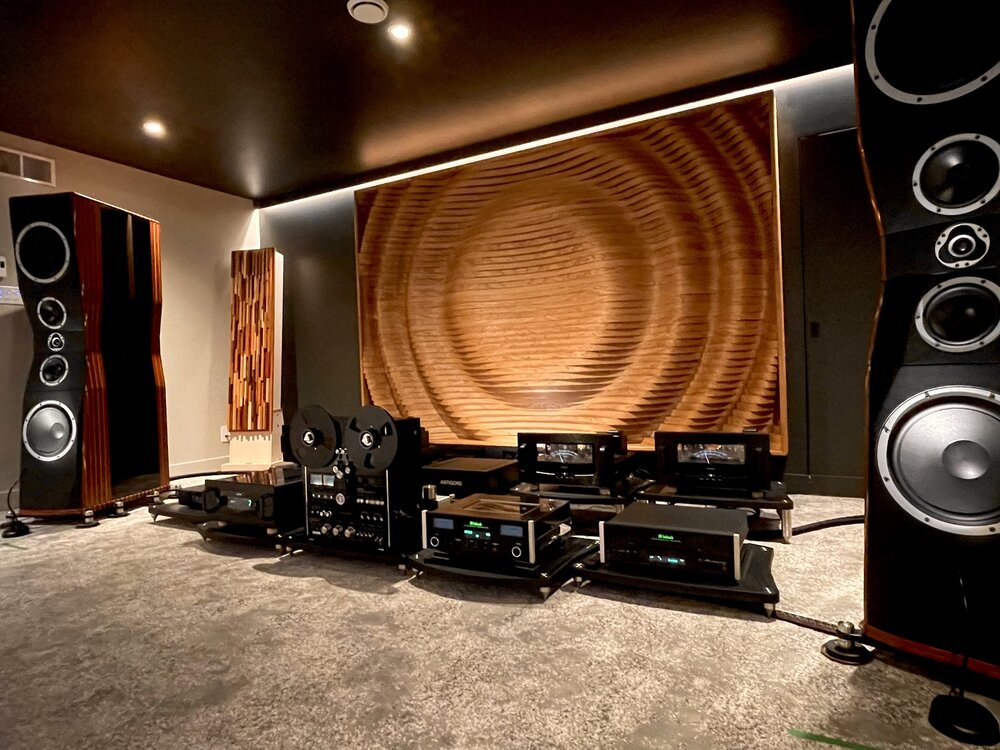
It’s often been said that we should avoid discussing politics or religion in polite company. These are touchy subjects on which people have strong ideas and beliefs that may conflict. These conversations can, on a dime, turn into trench wars, polite company notwithstanding.
Among audiophiles, one could easily replace politics or religion with best audio brand, price-performance ratio, audio cables, the superiority of vinyl, CD or streaming, and so much more!
Since this is my first column, I thought I’d use it to introduce myself by telling you a bit about my audiophile journey over the past fifty years.
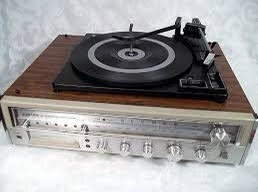
Music has always been, as with you, surely, vitally important to me. At age 13, I bought my first records and sound system, the latter an all-in-one Lloyds stereo that came with a top-mounted turntable and a cartridge whose sapphire needle kept skipping across the surface and gouging the grooves of my favorite recordings. From the first moments I listened to it, I hated that system with a passion and realized then that sound quality matters to me.
I was 15 when, in 1973, CBC radio programmer, Gilles Poirier, published a book entitled: “The Guide to High Fidelity”. Reading it catapulted me into another world. It ignited in me a passion for audio that has never dimmed.
At age 16, I owned nearly 500 LPs and an assortment of equipment by Quad, Dynaco, Thorens, Revox, and Altec Lansing. All the money I saved from my job at the neighborhood grocery store went into music playback. I was very proud of my hi-fi and convinced I’d assembled the best system in the world!
Around that time, I befriended another aspiring audiophile who attended the same high school as me. He swore by Akai products and constantly disparaged my Quad gear. In our passion for audio, our conversations about the respective sound quality of our system often turned lively, with each of us espousing the technical superiority of the products we owned.
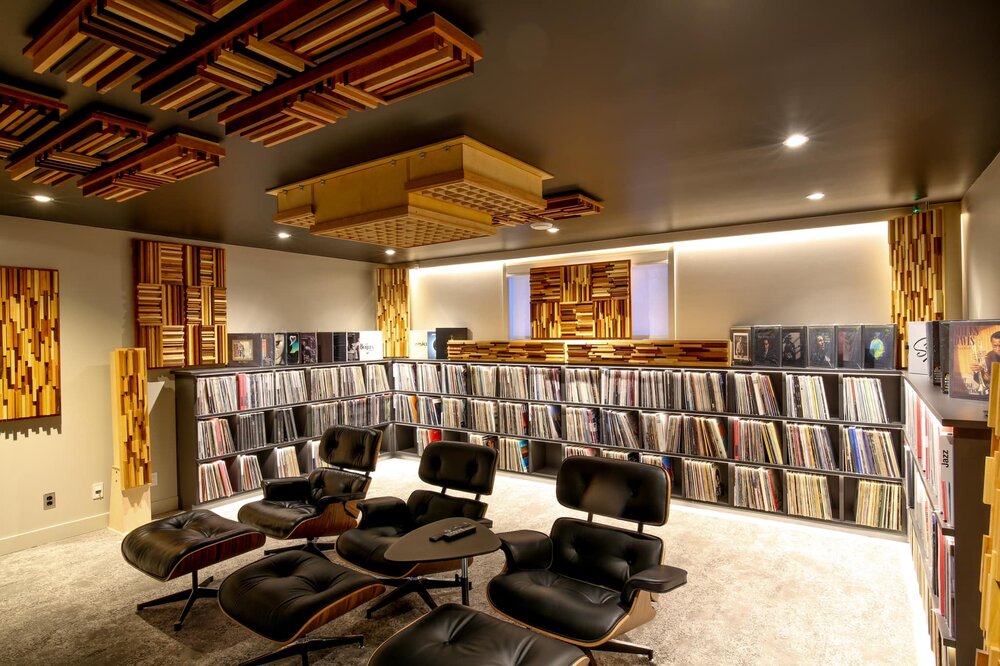
But despite our personal convictions, there was no animosity between us. Instead, a mutual respect had instilled itself once we’d started taking turns listening to each other’s stereos. I liked what I heard from his, and he from mine, despite their sonic differences. It was obvious that my friend had chosen his equipment with care, and that his playback system was well suited to his musical tastes, which were very different from mine at the time.
Our get-togethers awoke my curiosity and reorganized my belief system. I had preconceived ideas about the Akai brand without ever having heard it. Since the Internet didn’t exist, my opinions were formed from specialty magazines. According to them, Akai was not a brand to be taken seriously. Yet, my friend’s Akai amplifier and speakers, matched to a turntable equipped with a well calibrated cartridge, gave compelling results.
This experience encouraged me to listen to several systems assembled by other audiophiles and visit as many audio stores as I could. As a result, over the past fifty years, I’ve heard many different brands and products, deepened my technical knowledge, developed my hearing skills, and understood that room acoustics are important in unlocking the full potential of my hi-fi. I also learned that every change, no matter how small, made to my system makes a difference, and that sometimes it’s better not to try to understand why.
My audiophile education was acquired in the field, not on the Internet. In other words—through my ears, not my eyes!

That’s why I’m always taken aback by the dogged opinions of certain “audiophiles”, who base their arguments on a photo or raise acrimonious debates about the supposed inferiority of a brand or its poor quality-performance ratio, without regard to the acoustic environment, without knowing about the other components involved, and usually without ever having heard such a system.
These people judge according to what they’ve read, somewhere. They denigrate a brand based on rumors. They listen to pseudo-experts to establish their absolute truth, only to try to force it down the throats of those who dare contradict them or have the gall to proudly show off their systems or ask a simple audio question on Facebook. Such condescending behavior is mean-spirited, counterproductive, and should not be tolerated.
To quote Albert Einstein: “Learning is an experience. Everything else is just information”.
Since when does one become an expert by reading the opinions of others?
I had long been a die-hard agnostic when it came to high-end audio cabling, magic fuses, nanotechnology rhodium outlets, and products with purported anti-vibrational properties. After all, I have a degree in electronics from the Teccart Institute. I can’t be fooled into believing such nonsense!
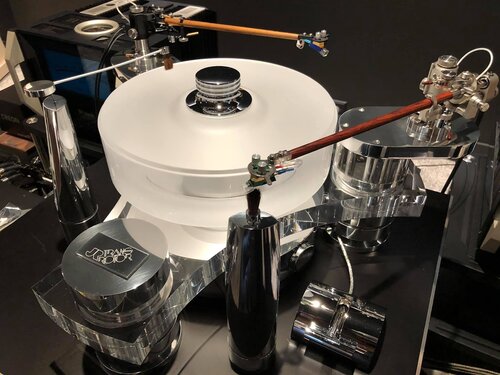
So, for a long time I resisted all these gadgets that sold at absurd prices, that defied all logic, and obviously constituted snake oil. Never! Not me! I’m too smart for that! And yet…
My audiophile journey has shown me to always keep an open mind, remain curious, passionate, and never judge something without having experienced it myself. I’m always surprised and fascinated by the amount of detail that can be extracted from our recordings.
Beyond the technical aspects and fundamental theory, there is an intangible but very real part that involves both our hearing and the sound being reproduced. Our hearing, for one, is incredibly complex, and like all human senses, it can vary considerably from person to person.
In my next few columns, I’ll talk about music , records, and look at some of the technical aspects of sound reproduction. I will also occasionally broach taboo, complex, controversial, and bewildering subjects.
I invite you to keep an open mind and follow me on this fascinating journey.
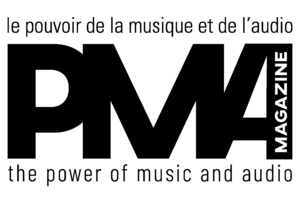
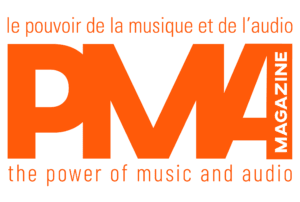
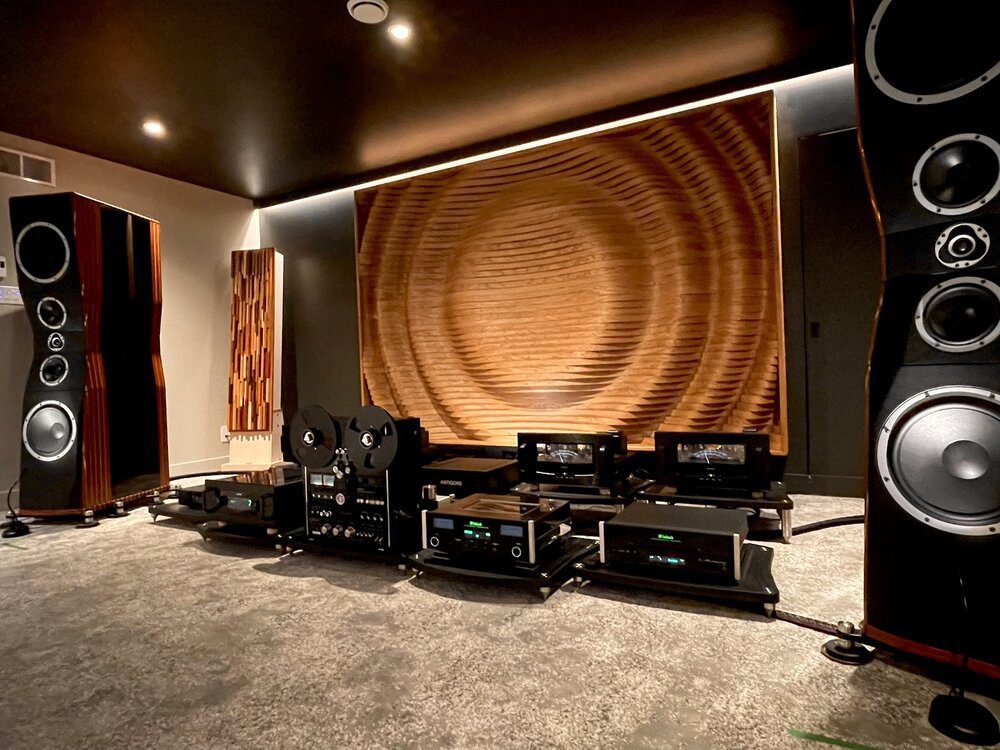

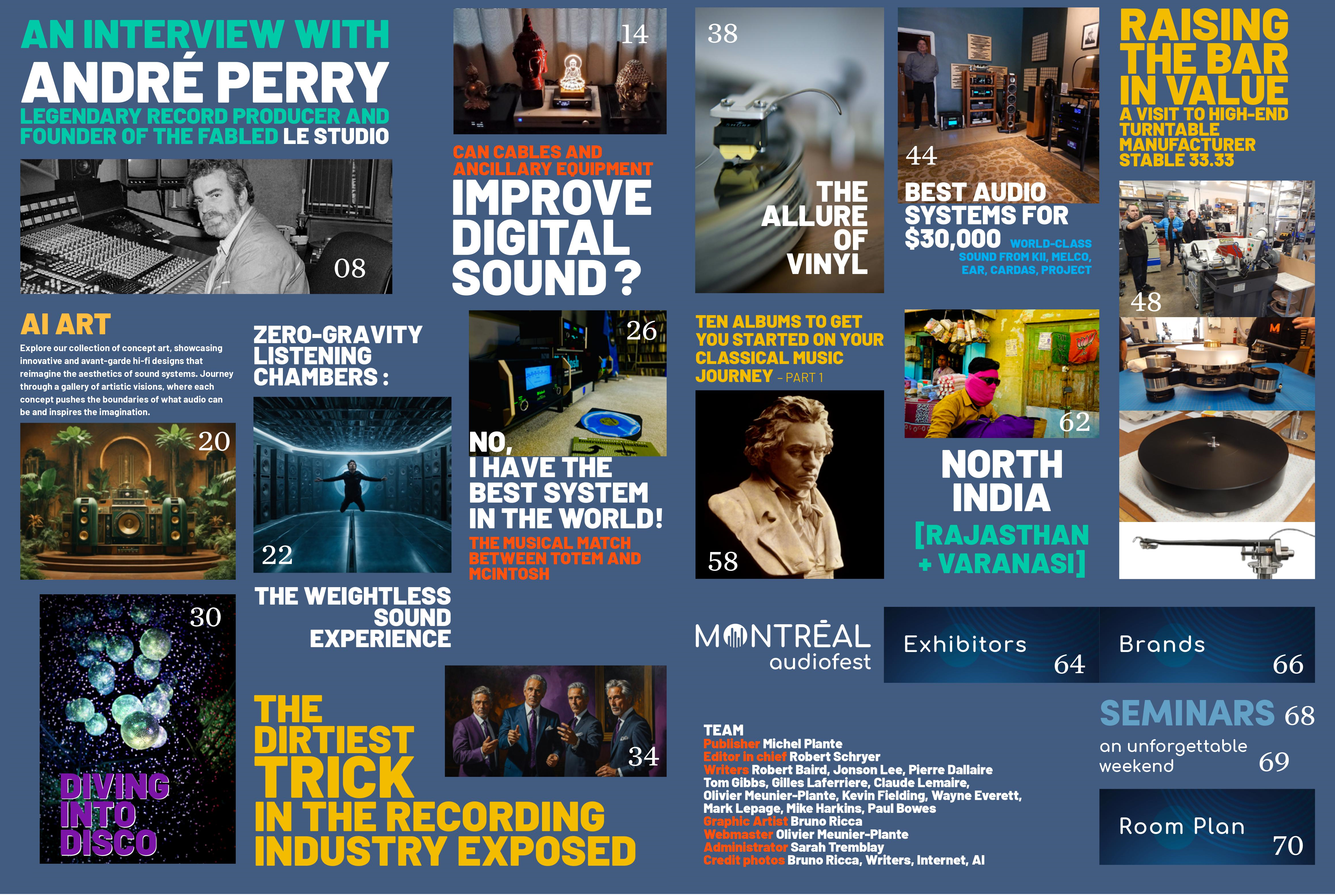
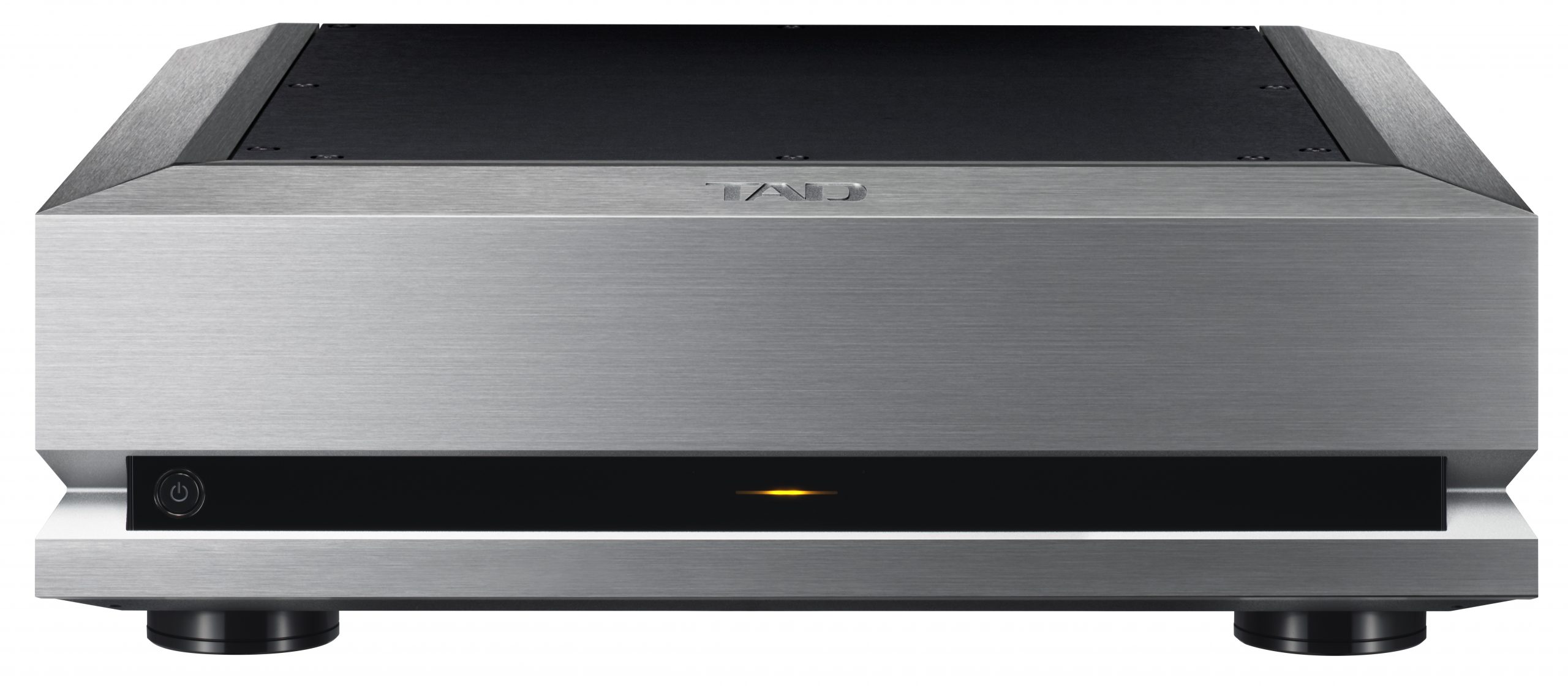



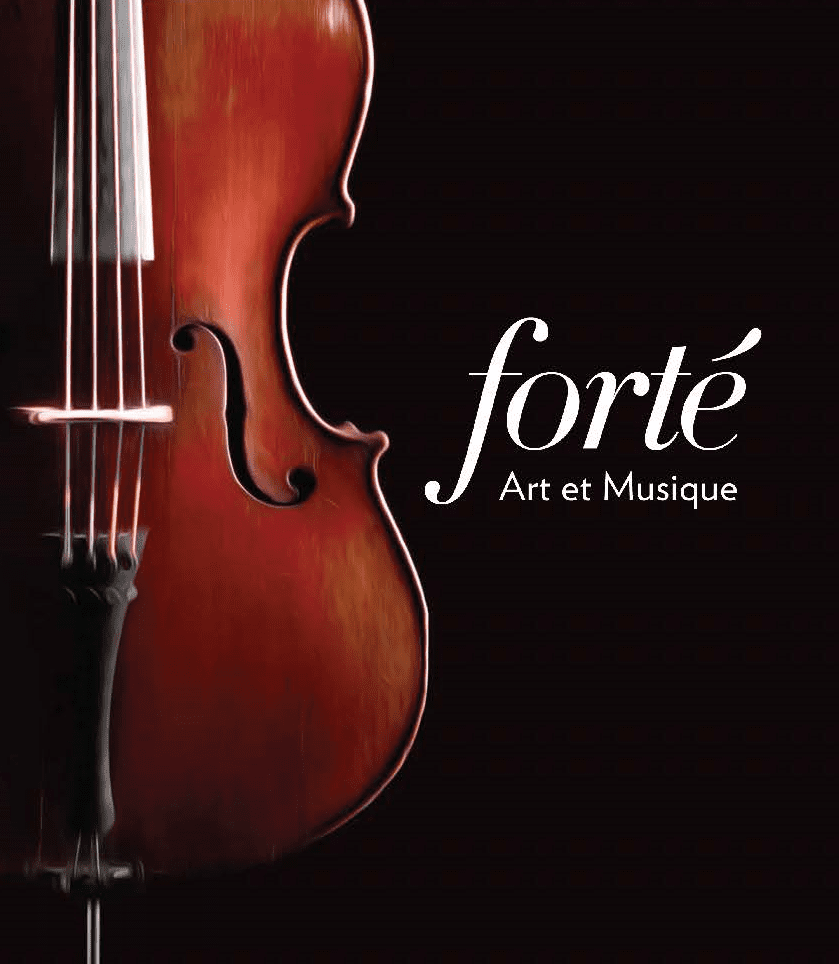
Leave a Reply